 Usability expert Jakob Nielsen has carried out a detailed user study on the iPad, Apple’s new tablet computer. The study found that applications are inconsistently designed, possible actions are non-obvious, and users are often left confused. Also, there is a war of philosophies taking place: Should each publication be a stand-alone environment, controlled and defined by the author? Or should users continue to be empowered to consume, reorganize and manipulate their content as they have been on the Web? As this new device paradigm emerges, it’s clear that a new form of interaction design will evolve with it.
Usability expert Jakob Nielsen has carried out a detailed user study on the iPad, Apple’s new tablet computer. The study found that applications are inconsistently designed, possible actions are non-obvious, and users are often left confused. Also, there is a war of philosophies taking place: Should each publication be a stand-alone environment, controlled and defined by the author? Or should users continue to be empowered to consume, reorganize and manipulate their content as they have been on the Web? As this new device paradigm emerges, it’s clear that a new form of interaction design will evolve with it.
Read more at Jakob Nielsen’s Alertbox.





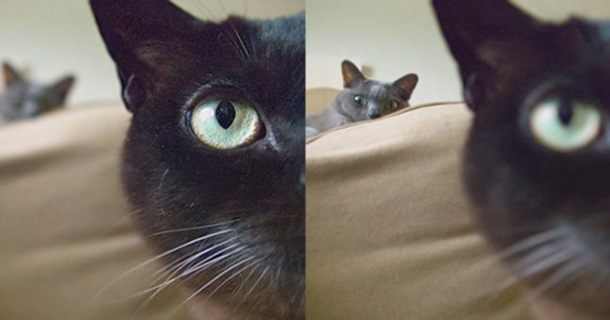
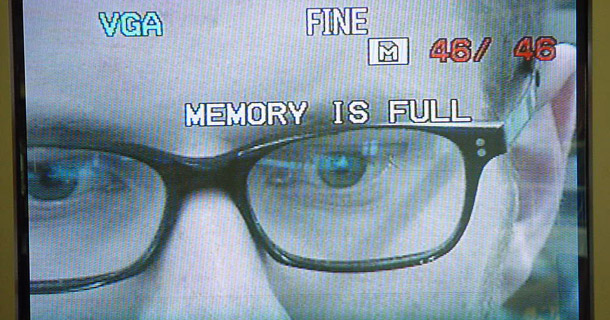
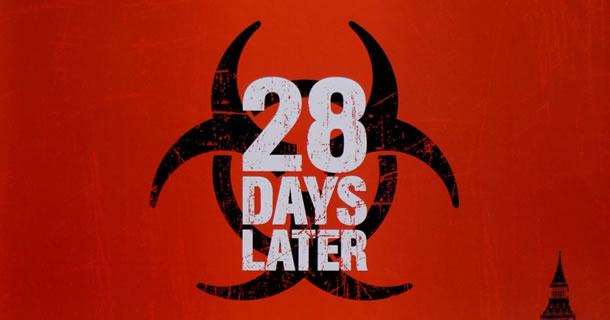
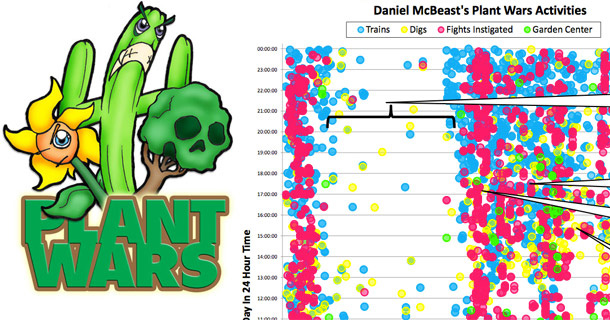

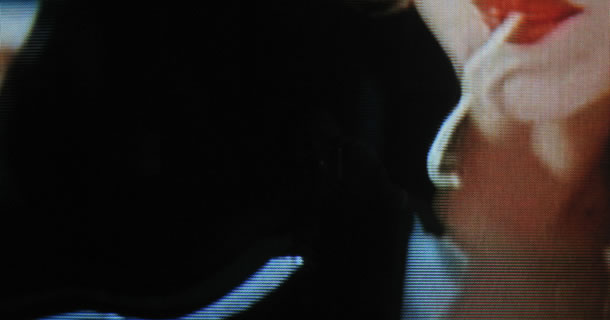

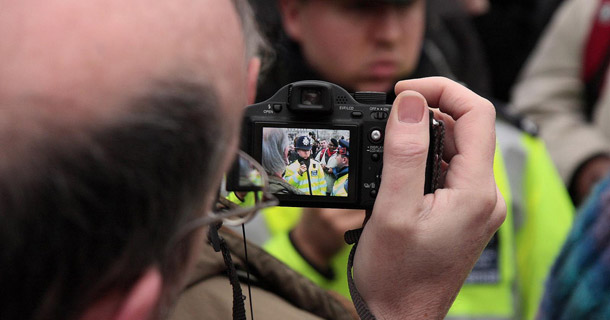


 @
@






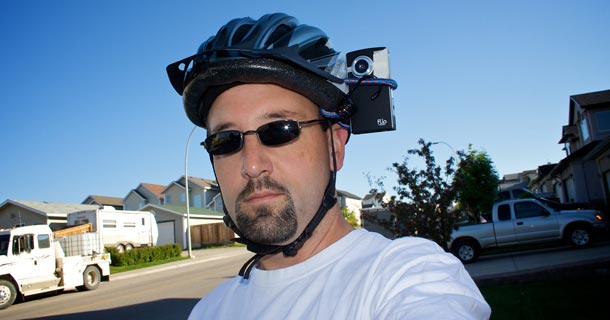


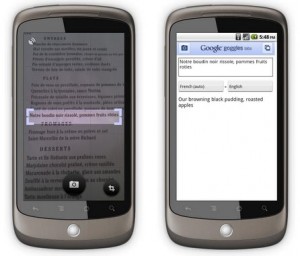
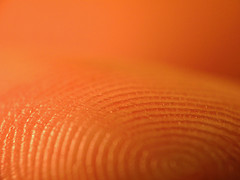
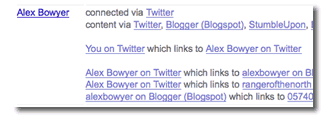
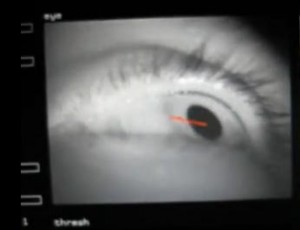



 Like all images on the site, the topic icons are based on images used under Creative Commons or in the public domain. Originals can be found from the following links. Thanks to
Like all images on the site, the topic icons are based on images used under Creative Commons or in the public domain. Originals can be found from the following links. Thanks to